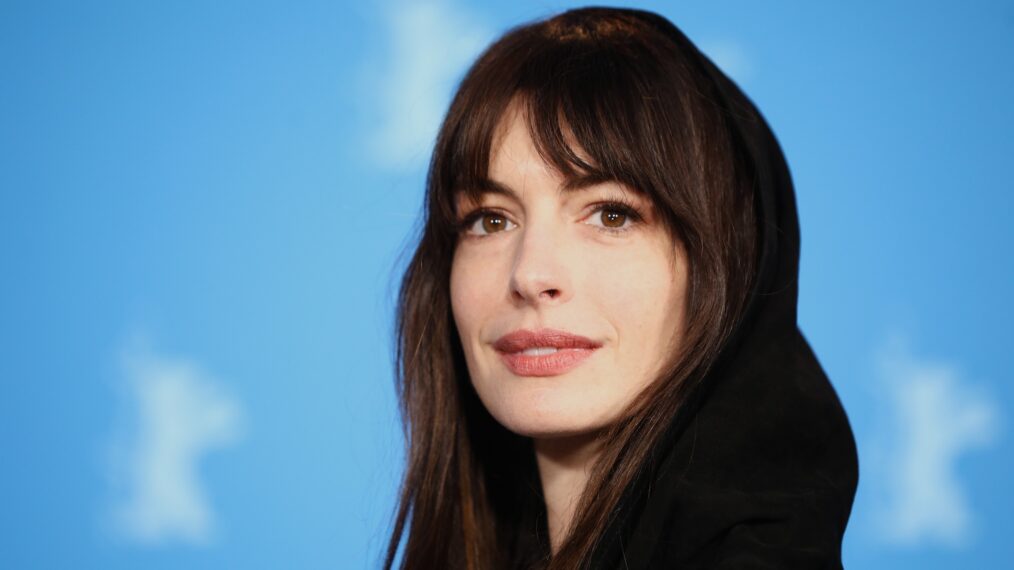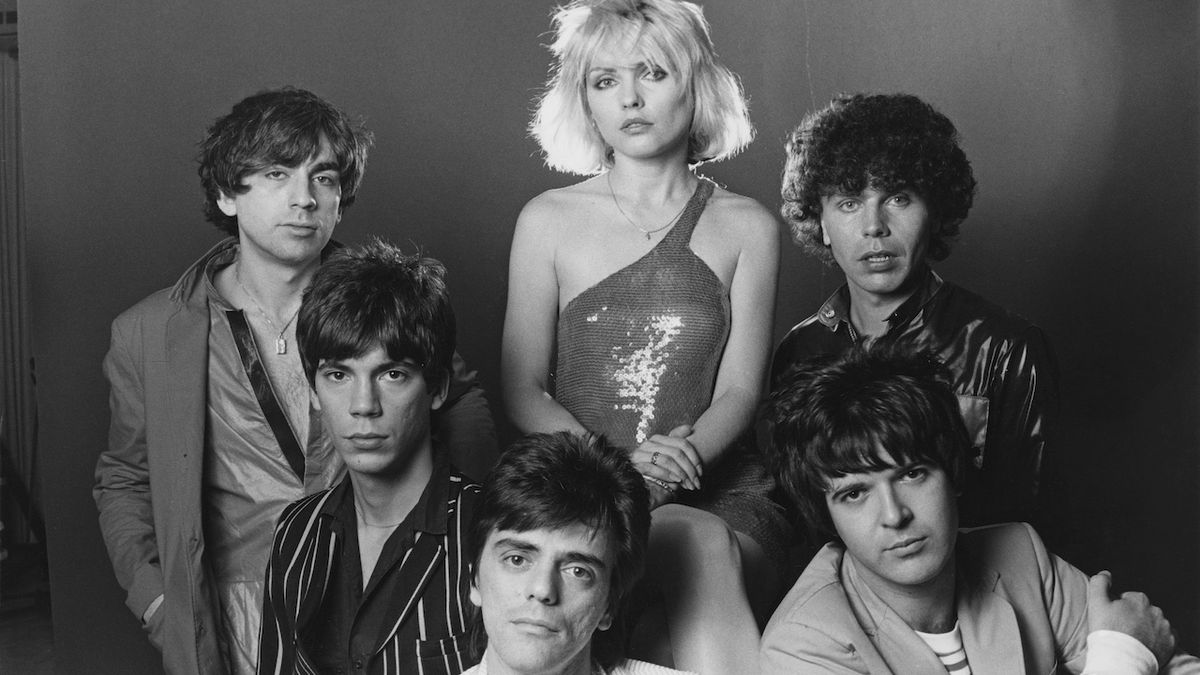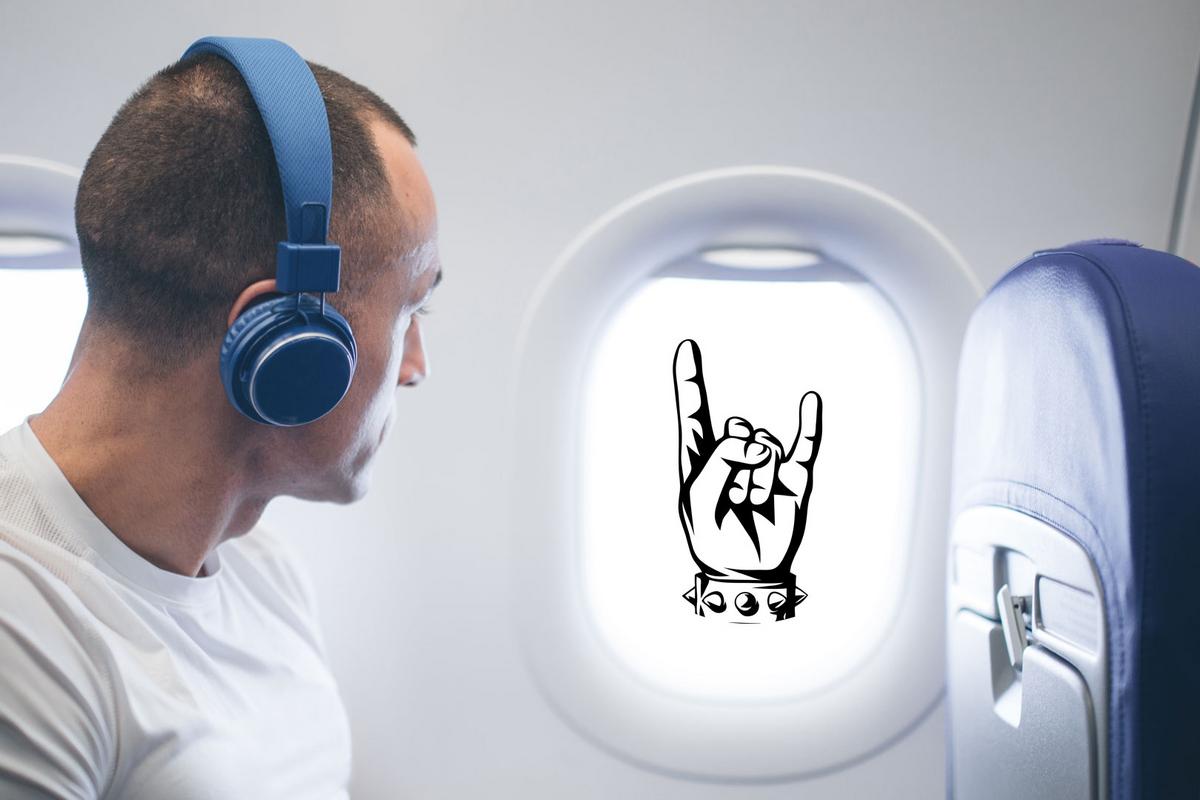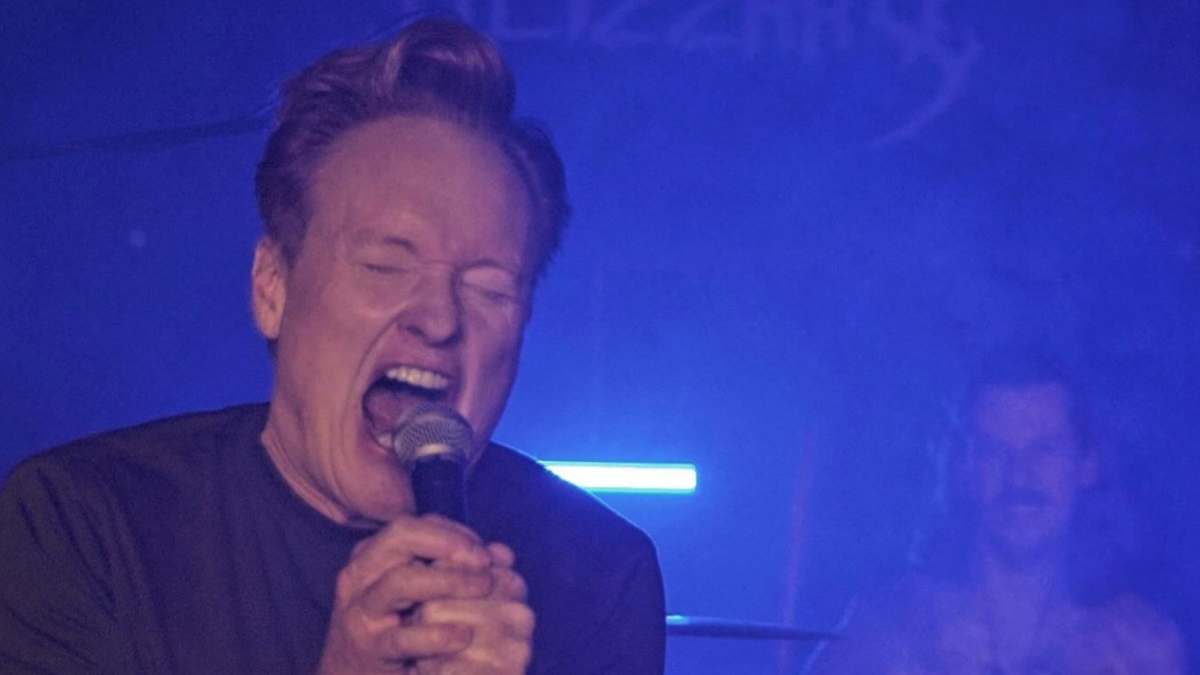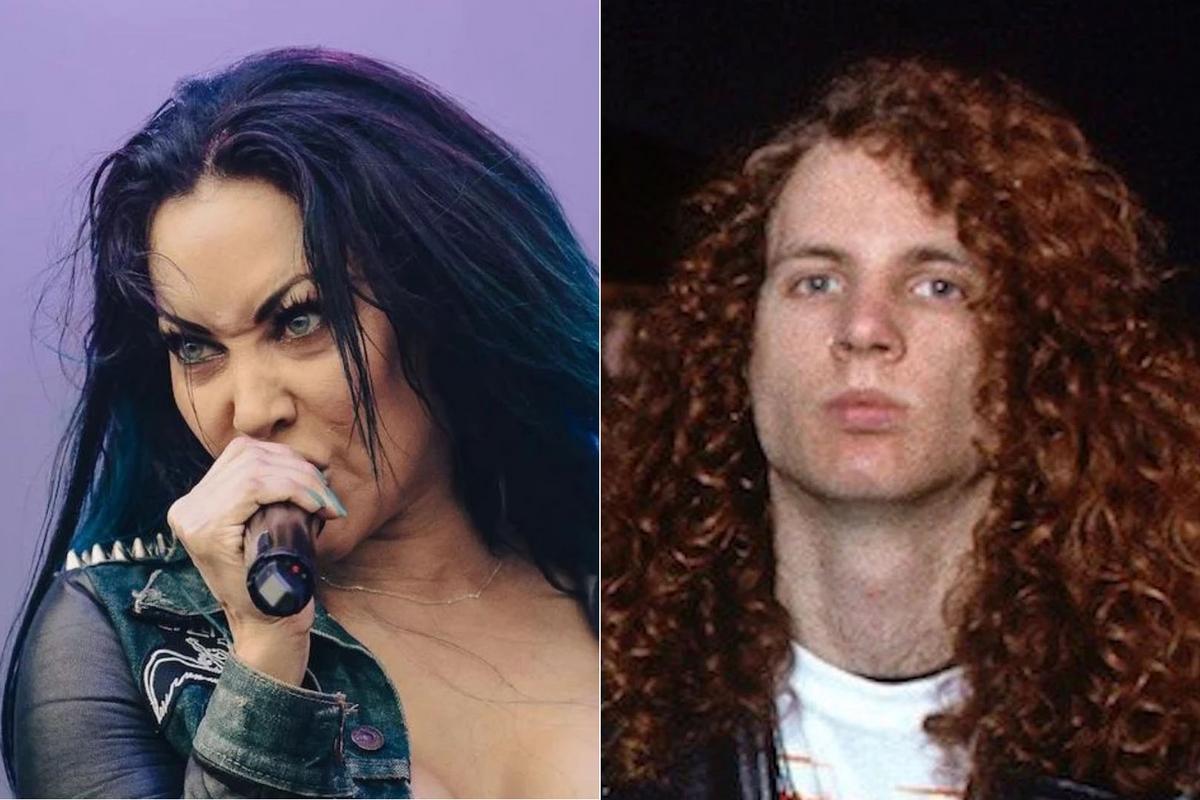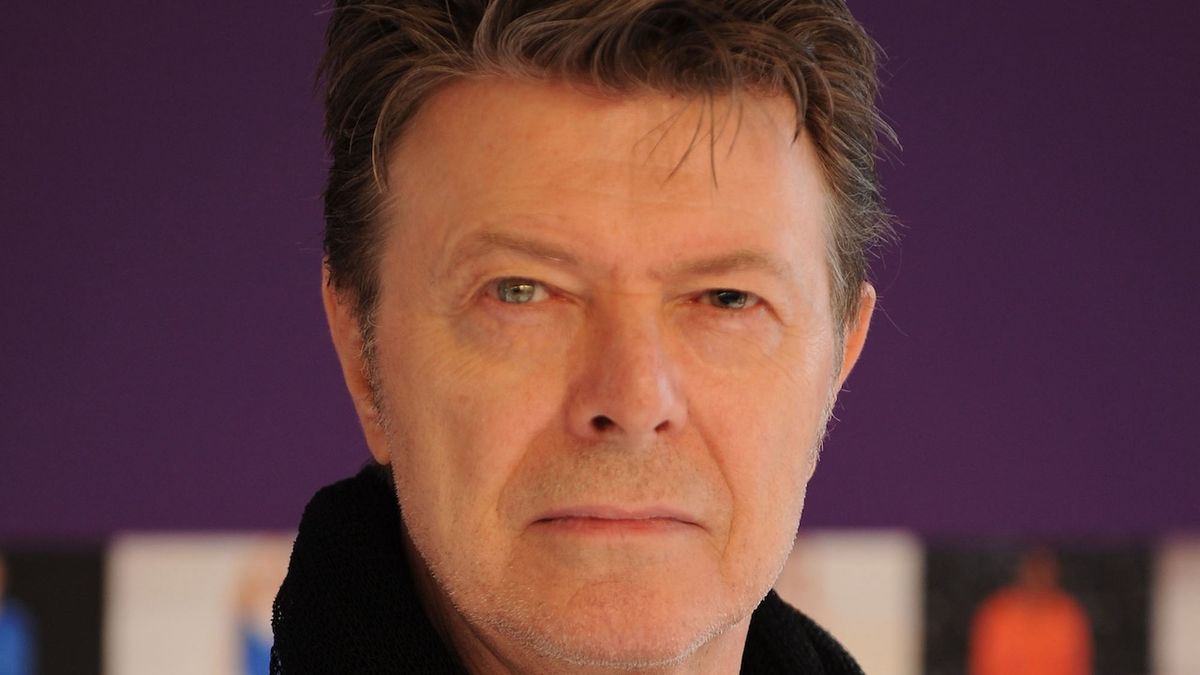THE DEATH OF DEMI LOVATO’S pop career was announced on Jan. 20. The funeral was simple but memorable — in a Los Angeles studio, surrounded by members of Lovato’s label and management teams. With everyone dressed in black, Lovato sat with her middle fingers in the air. Albeit metaphorical, Lovato posted the image of the group to Instagram with the caption, and the internet fully freaked out.
OK, so it wasn’t really a funeral. “It’s symbolic,” they say of the event over Zoom from their cozy bedroom in Los Angeles. Lovato was playing snippets of her new music to their colleagues, and she decided that their coordinating emo looks deserved an Instagram moment.
Real or not, it didn’t matter: The moment went viral — in fact, the image received upward of nearly 600,000 likes to date. Yes, the Lovato who delivered the brassy pop anthem “Confident,” crooned through the soulful power ballad “Tell Me You Love Me” and belted the stomach-dropping “Dancing With The Devil” was no more. Enter Rockvato.
Read more: The next 8 “legacy artists”—who are they?
The current Lovato in front of me — sandwiched between a full moon candle and a Merkaba-shaped rose quartz crystal — is grinning as she recalls shooting her AP cover earlier today, rocking out to a playlist filled with Smashing Pumpkins, Rage Against the Machine, Sonic Youth and two bands they absolutely love: the Canadian heavy-metal outfit Kittie and the hardcore band Knocked Loose. Earlier that afternoon, Lovato had been feeling themself from the very first look, sporting a see-through white button-down with ruffled sleeves, a bikini top with star-shaped nipple coverings and a tartan mini. “The first one [was my favorite] because my tits were out,” they assert, flicking the bangs of her freshly dyed shag. It’s even more reinforcement that Lovato — or Rockvato — is right at home in the new season of their life.
IT’S NO SECRET: OVER THE PAST FEW YEARS, the pop-punk resurgence has been in overdrive thanks to artists such as Olivia Rodrigo, WILLOW, Machine Gun Kelly and Juice WRLD, to name a few. If you’ve solely tuned into Lovato’s previous five LPs, it might be easy to write off their transition to rock as just joining a bandwagon — but you’d be wrong.
Perhaps in the years since you may have forgotten, but the release of their 2008 debut album Don’t Forget and the following year’s sophomore effort Here We Go Again were brimming with glam-rock flourishes and blistering guitar riffs. It happened to be when they felt most comfortable making music and performing live. Last fall, Lovato had the epiphany after seeing their friends, hard-rock trio Dead Sara, play a handful of concerts at The Roxy in Los Angeles and New York City venue The Bowery. “I feel like had I tried to do rock music a few years ago when I wasn’t ready, it wouldn’t have been authentic, but now it is,” they say confidently.
Those particular gigs — their infectious energy — reignited something inside of them, and they began immersing themself in rock music again. “I was listening to Veruca Salt, Hole and The Donnas — women that were just breaking the mold,” Lovato recalls. She also found herself diving back into the emo playlists that inspired them from the outset of their career — ones that had Flyleaf and Paramore on them. It’s part of what compelled them to make the transition. The latter is not too surprising since they famously covered Paramore multiple times at an Emo Nite in Los Angeles in 2017. “I’ll always dream of collaborating with Hayley Williams and Paramore,” she gushes. “I don’t know if they do a lot of collaborations, but I think that’s something I’ll always dream of.”
As exciting as getting back to their roots has been, it’s also been a journey. Lovato’s life and career have been long and storied, full of dramatic highs and lows. At around 9 years old, Lovato landed their first acting gig on Barney & Friends, but it wasn’t until she starred as shy aspiring singer Mitchie Torres in Disney’s musical film Camp Rock, along with the Jonas Brothers, that her career really began to take off. That year, she’d release her debut album, and throughout the following six studio records, she’d transition through eras of dance-pop and R&B-tinged pop. “I thought that’s what people wanted from me,” they confess.
But Lovato was also battling their own demons: mental health issues, an eating disorder and addiction. Over the years, they’ve been in and out of treatment facilities for their struggles, sharing their journey to sobriety.
Read more: On in loving memory, blackbear reconnects with 2000s punk with Travis Barker, Bert McCracken and Jordan Pundik
Following six years without using, Lovato relapsed in June 2018. One month later, they had a near-fatal opioid overdose, where they suffered a heart attack, multiple strokes and brain damage. Last year, Lovato not only released their seventh studio album, Dancing With The Devil… The Art of Starting Over, but a documentary — her third — alongside it, detailing the events that led to the overdose and her road to recovery. She also revealed that they were raped at 15 while working on a project for the Disney Channel.
There’s been much healing since, and what’s followed has been a beautiful journey of self-discovery: Lovato is pansexual and gender fluid, using she/they pronouns (right now they’re “leaning more feminine”).
“The most important thing for me is that I’m a very fluid person, with sexuality and with gender identity, so not being married to anything in those regards is really important to me,” they explain. “It’s very important that I stay true to who I am in the present moment. That’s going to change; it’ll fluctuate.”
It’s been liberating for them to embrace who they are, to grow and evolve. HOLY FVCK, Lovato’s eighth studio LP, is letting them do just that.
IT’S BECOME THE NORM for artists to release albums in close proximity, but Dancing With The Devil had a sweeping comeback narrative surrounding it — Lovato’s pivotal story at the forefront. So why release another album so soon after that one?
Despite how confessional Dancing With The Devil was — and how candid Lovato was in the accompanying documentary — they just couldn’t relate to it. “I’m proud of the last album that I did, but it just didn’t feel like me,” they sigh. “I wanted to put music out that I would have fun touring with, and I can’t say that about my last record.” They also didn’t have a clear head. “I was so high the whole time smoking weed that I wasn’t focused,” they recall. That contributed to the trippy sounds scattered throughout the record — and they’re not relatable to Lovato now. Truthfully, the singer didn’t really listen to the album on repeat. The past six months, though? It’s been HOLY FVCK nonstop. “I wanted to perform stuff that felt genuine and authentic to where I’m at today, and what I’m listening to,” they explain. “I’m in a new chapter of my life, and I want my music to reflect that.”
For Lovato, there’s a lot of subtext there. In the Dancing With The Devil documentary, Lovato shared that her recovery journey had led her to a place where she redefined sobriety. For them, that meant smoking marijuana, drinking in moderation — and receiving the prescription injectable VIVITROL, which prevents relapses for those battling alcohol or drug addiction. For a while, Lovato was what some people refer to as “California sober.” But in December 2021, she announced that they made the decision to be fully sober and entered treatment. Just one month before, they had started working on the beginnings of what would become their eighth record.
After two weeks of writing, she penned two of HOLY FVCK’s tracks — “DEAD FRIENDS” and “FEED.” Lovato hasn’t spoken about the former yet, she says, as their voice cracks: “Without getting super emotional, I’ve lost a lot of friends to the disease that I suffer from — or diseases — and I didn’t want it to be a sad-feeling song; I wanted it to be an anthem for anybody that’s lost people.” For them, it could have been a sad ballad, but it was important to embrace the joy these people brought her. “So much of my grief has meant spending time on being sad about the people I’ve lost rather than appreciating the good times,” she notes.
Though Dancing With The Devil was centered around Lovato’s post-overdose recovery journey, they were intentional about not making the entirety of HOLY FVCK’s narrative about that. However, she wanted to confront any public opinion on their return to treatment head-on with its hard-hitting lead single “SKIN OF MY TEETH.” ”I went back to rehab, came out and saw these headlines that were like, ‘Demi leaves rehab again.’ I was just like, ‘Might as well make the most of it,’” Lovato shrugs. There was power in playing off the headlines, and ultimately, they transformed it into an anthem for people in recovery that paralleled their own journey.
For the accompanying music video, Lovato went full glam rock — their Joan Jett-style hair dipping in and out of the crystal clear water. But the twisty visual mirrored the lyrics, showcasing them tackling the pressures of fame and the salacious headlines that have followed them throughout their road to recovery. The latter is channeled through the presence of a supernatural being — a demon who chases and attacks the singer before she ultimately escapes. But the video also featured a blink-and-you’ll-miss-it callback to the fact that Lovato was, in fact, returning to their roots with HOLY FVCK. “The last performance shot in the rain was a nod to the ‘Don’t Forget’ music video,” she explains of one of their first-ever singles.
Read more: How Pale Waves created a pop-punk throwback with new album Unwanted
The second sampling of HOLY FVCK — the anthemic pop-punk cut “SUBSTANCE” — also took aim at their addiction, but turned it into a rallying cry for feeling alive: “Am I the only one looking for substance?/Got high, it only left me lonely and loveless/(Don’t wanna end up in a) Casket/ (Head full of) Maggots/(Body full of) Jack shit.” Similar to the music video for “SKIN OF MY TEETH,” the early 2000s throwback visual for “SUBSTANCE” took aim at the public vitriol they’ve dealt with over the years surrounding everything from their gender identity and body image to their substance misuse issues, even stumbling into a “This Is Your Brain on Drugs” PSA. And, once again, it paid homage to one of their earliest music videos — “La La Land,” which detailed the singer’s plight with tabloid rumors and Hollywood fame.
One of the pitfalls of being in the limelight and managing their recovery has been the aforementioned “poster child” effect, something that fueled their single “HAPPY ENDING,” which they penned in February when they were fresh out of treatment and struggling with depression. “New sobriety can be really challenging for people, and it was really challenging for me,” they explain. With “HAPPY ENDING,” Lovato wonders what it will take for them to find joy since they definitively know what hasn’t. “Some of the most damaging experiences were when I had a lot of time sober, and I just wasn’t happy anymore, but people around me were pushing me to be the face of this, do this interview or do this campaign,” she recalls. Lovato became that person for a while, but it ultimately hurt them more. “I’m just owning my truth and saying it’s a journey,” they declare. “It’s a journey for so many people, and you’ve got to figure out what works best for you.”
For a handful of songs, Lovato also enlisted some rock collaborators. On the jittery hard-rock-leaning opener “FREAK,” which features YUNGBLUD, Lovato finds empowerment in the public’s opinion of her. “‘FREAK’ is saying, ‘I know what you want to call me, and I’m already calling myself that.’ Not in a bad way, but in an empowering way,” she explains. It was YUNGBLUD’s screams on the track that really thrilled them. “My inner screamo fan was freaking out,” they say excitedly.
The other two features on the album came from her tour openers. With the raucous “HELP ME,” Lovato got the band that helped her embrace her roots on board — Dead Sara. On “EAT ME,” a song in which Lovato channels their rage with cacophonous synth work that evokes Nine Inch Nails, singer Royal & The Serpent lends her voice. Lovato once again plays on the public’s constant need to express an opinion about who they are. “So many people want me to be a certain type of person. It’s like, ‘Do you miss her?’ That song was a clapback to all these people that still are in the comments on the internet — that I see occasionally — that try to force me into the mold that I used to be or what they want me to be now,” Lovato explains.
One of the songs that already has the internet talking is one that Lovato herself has yet to discuss — “29” — a wistful track about consent. They hesitate to delve into specifics, but the track is one of the most affecting on the record. “When I turned 29, it really put a lot of things in perspective for me, and I just think [consent is] a really important conversation to have. You get into situations that may not be the healthiest. It’s not something that should ever happen. Looking back, I now know I could never do this again, and I don’t know why it did happen,” they say perplexed. But the track is also about more than that. It represents not only the age Lovato was when recording the track, but “the age when I learned that I can take control and own my future,” she adds. In short, it’s been healing.
That power — that control — is something they’ve also found by leaning into her own sexual energy. Among the heavier topics on Lovato’s latest album, there are a plethora of moments where Lovato is reveling in the joy of pleasure — oftentimes with religious undertones. The album’s title track, for instance, is Lovato’s fun wordplay on “I’m a holy f***.” The bouncy, sultry “HEAVEN” happens to be centered on a Bible verse about masturbation. Indeed “CITY OF ANGELS” packs a sweet punch as Lovato muses about the thrill of christening the hotspots of Los Angeles. “I want to see Beverly on my knees/I want you to make me scream at The Roxy,” they howl.
While the album, she admits, starts off as angry, Lovato ends with a power ballad, specifically a love song. That happy ending they were looking for? On “4 EVER 4 ME,” which begins with an intro that channels the delicateness of Goo Goo Dolls’ “Iris,” they seem like they might have finally found it. “I’m not the type of person that makes love songs, really. I don’t know that my last album had any love songs. It’s always been like breakups, sadness and I haven’t been angry,” they note.
It’s this type of revelation that comes with growing up — and its timing couldn’t be better. Just a day prior to Lovato’s 30th birthday, the world will get to hear HOLY FVCK — an album they are decidedly not agonizing over.
There’s a certain self-assuredness Lovato has at this stage in life that is embedded in her latest project. “In your 20s, you’re trying to figure out who you are, and I never related to that statement more than when I got to be 29 and was like, ‘All right, this is who I am. I’m about to be 30 — and I want to go in headfirst.”
There’s also a certainty surrounding what they do and don’t want to do moving forward. More documentaries, for instance, are likely off the table. “Honestly, I’m really sick of watching myself, and I think other people probably are too,” she sighs. “And if they aren’t, then they can watch my music videos.” In the past, Lovato has used them to explain herself during certain periods of her life. But she has some regret about doing three documentaries before she turned 30: “I wish I would have waited until I had my shit figured out more because now it’s cemented. Sobriety is what works for me and nothing else.” Should they want to share their life that intimately again, they’ll either do an interview or write a book. “My story’s not done, so I want to be able to say by the time I’ve written the book, ‘OK, this is me grown up.’”
And as for their music? Lovato is fairly certain that their rock era is here to stay. After all, they’re just trying to embrace the joy they felt when they began making music. “Maybe one day I’ll do an acoustic album,” Lovato ponders aloud. “But I think that my pop-R&B days are gonezo.” After all, she’s mourned them already — quite publicly. “Like I said,” she laughs, “they’re dead.”

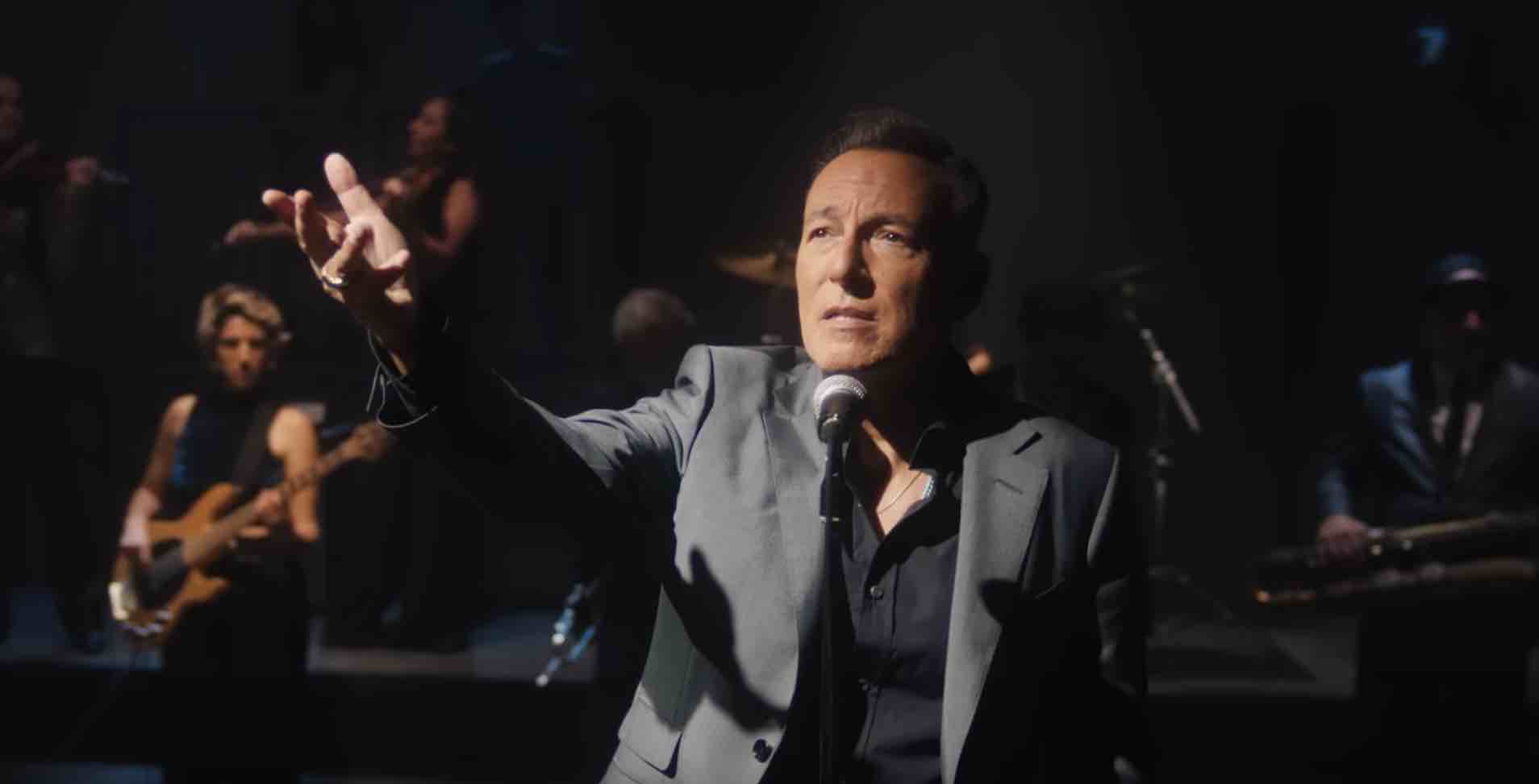


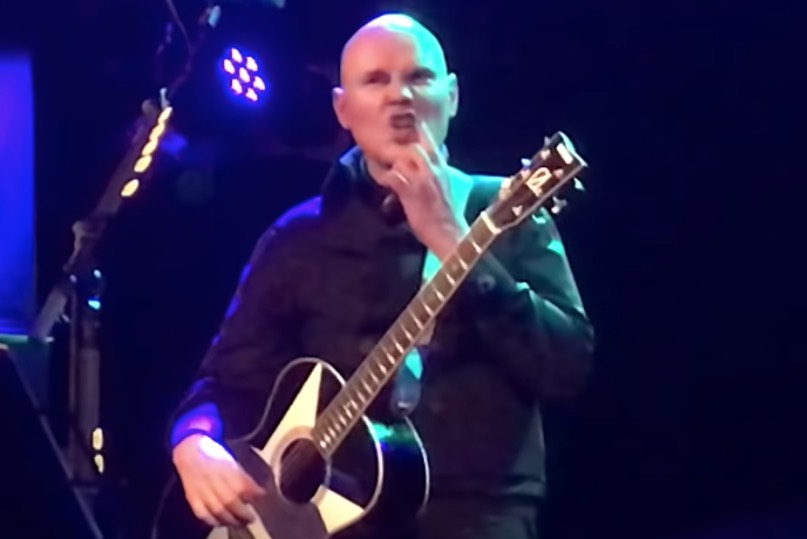







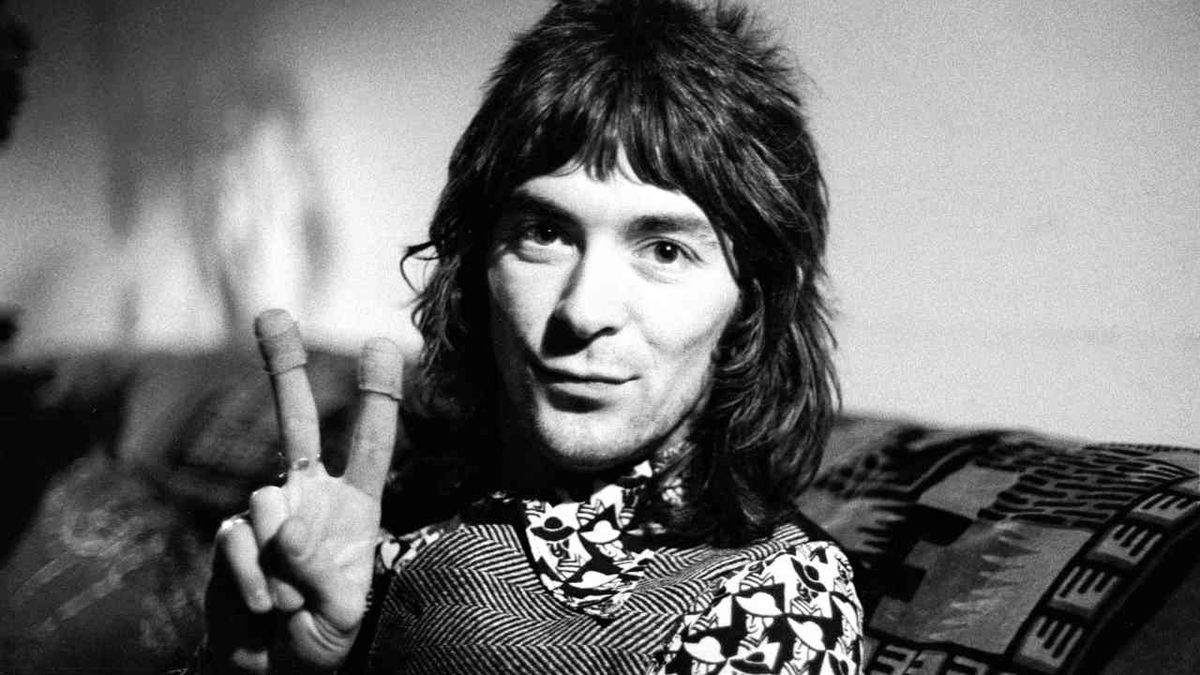


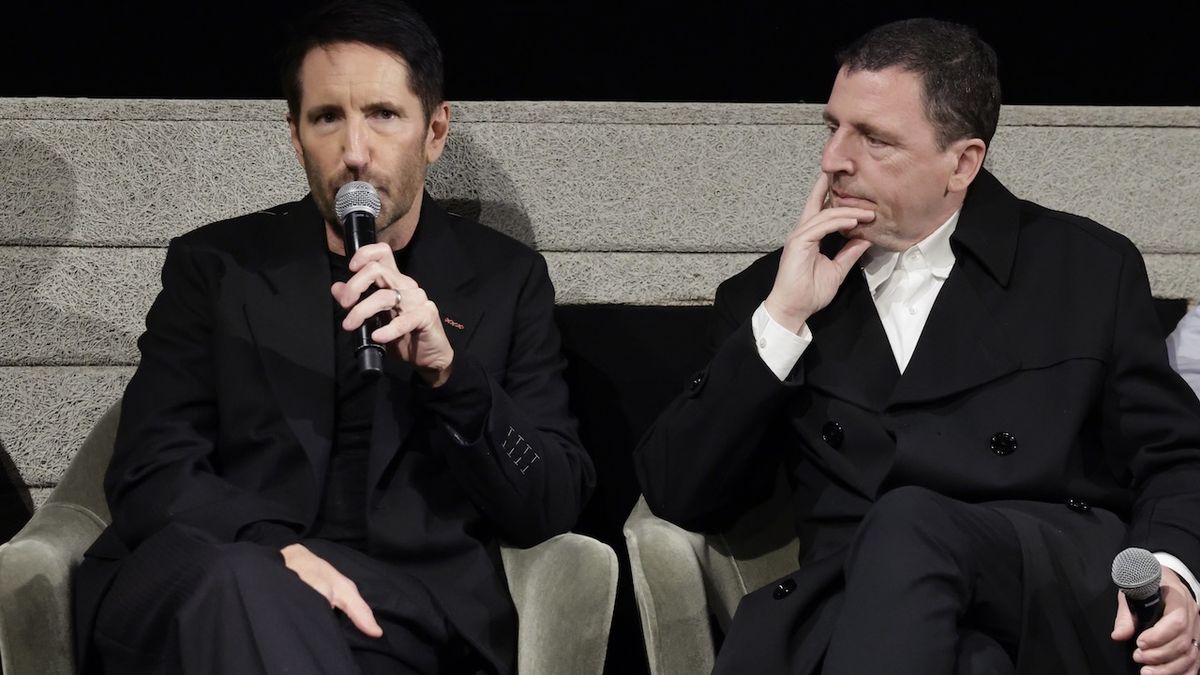


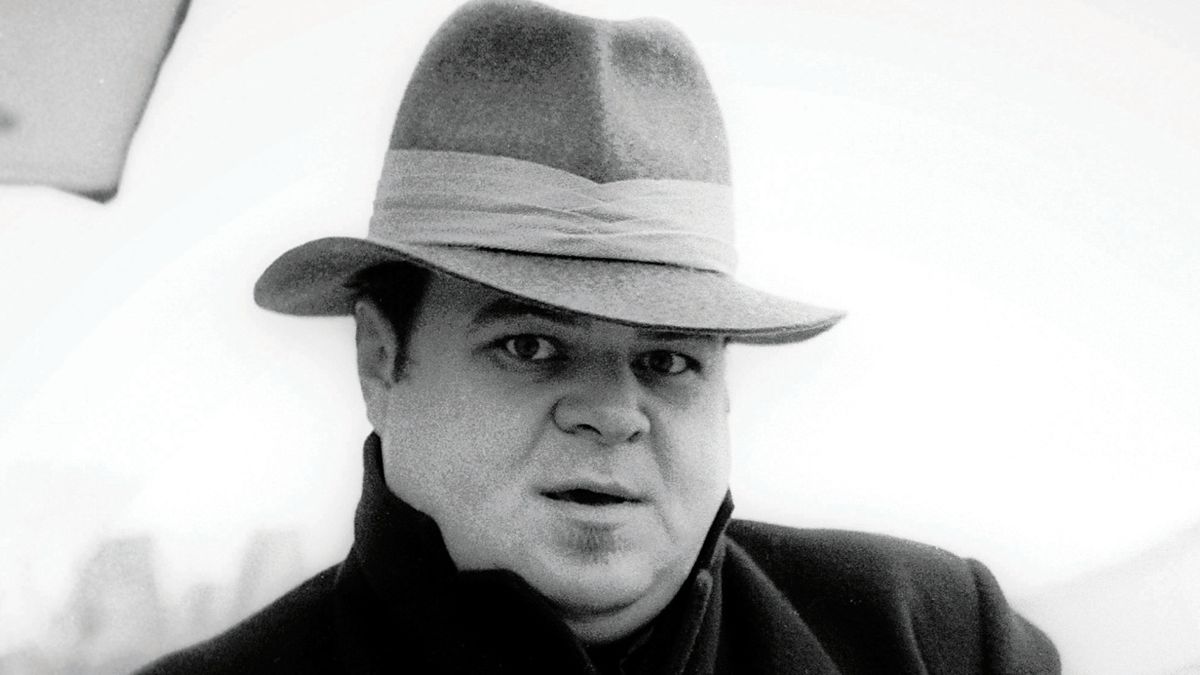










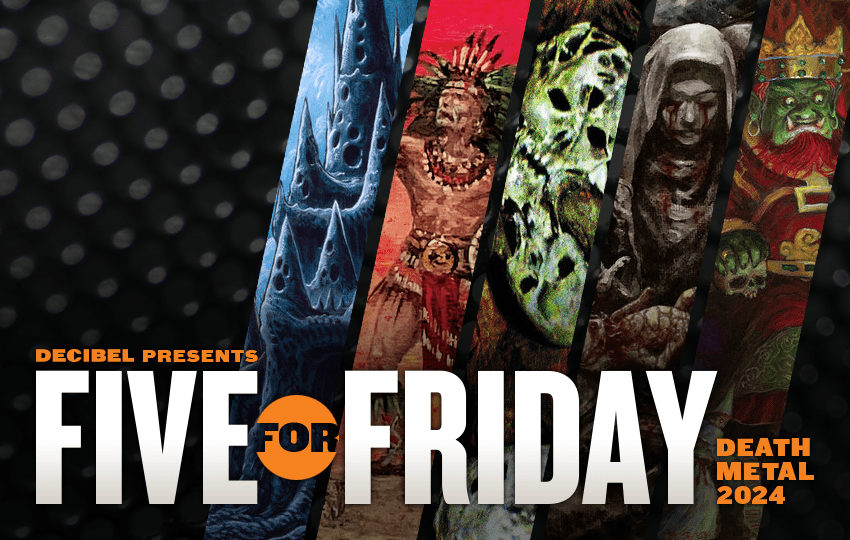








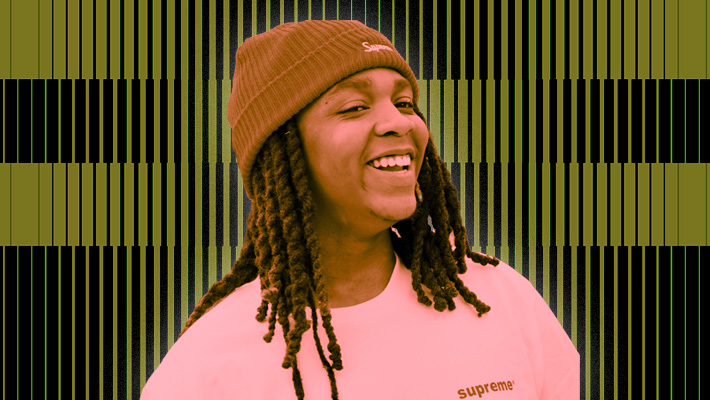



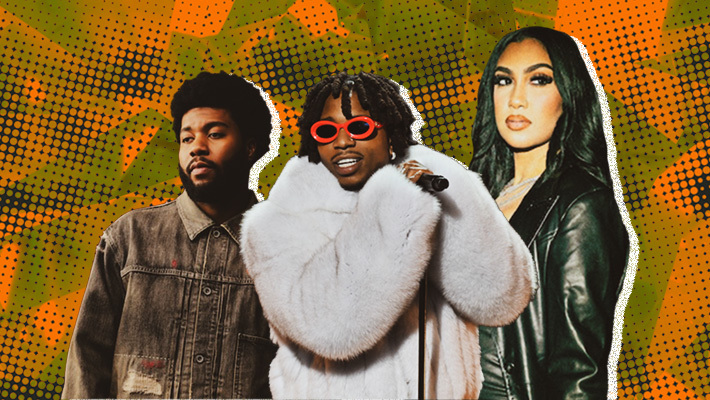



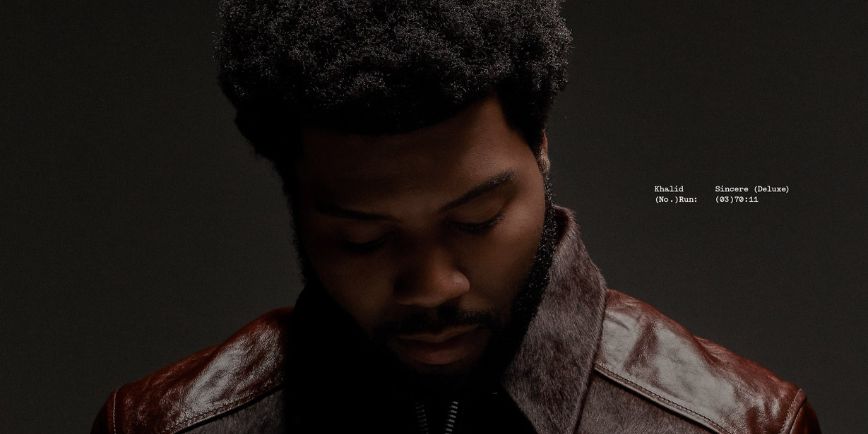
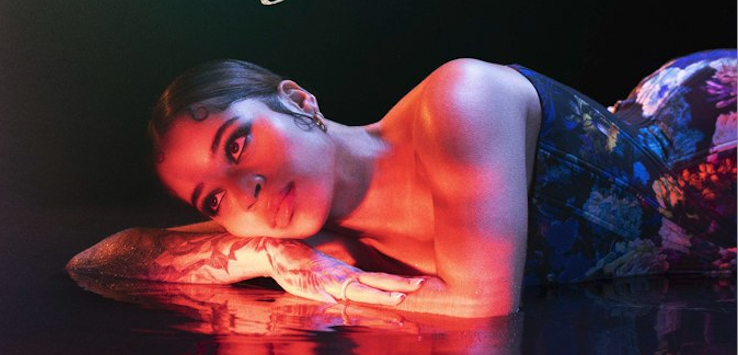

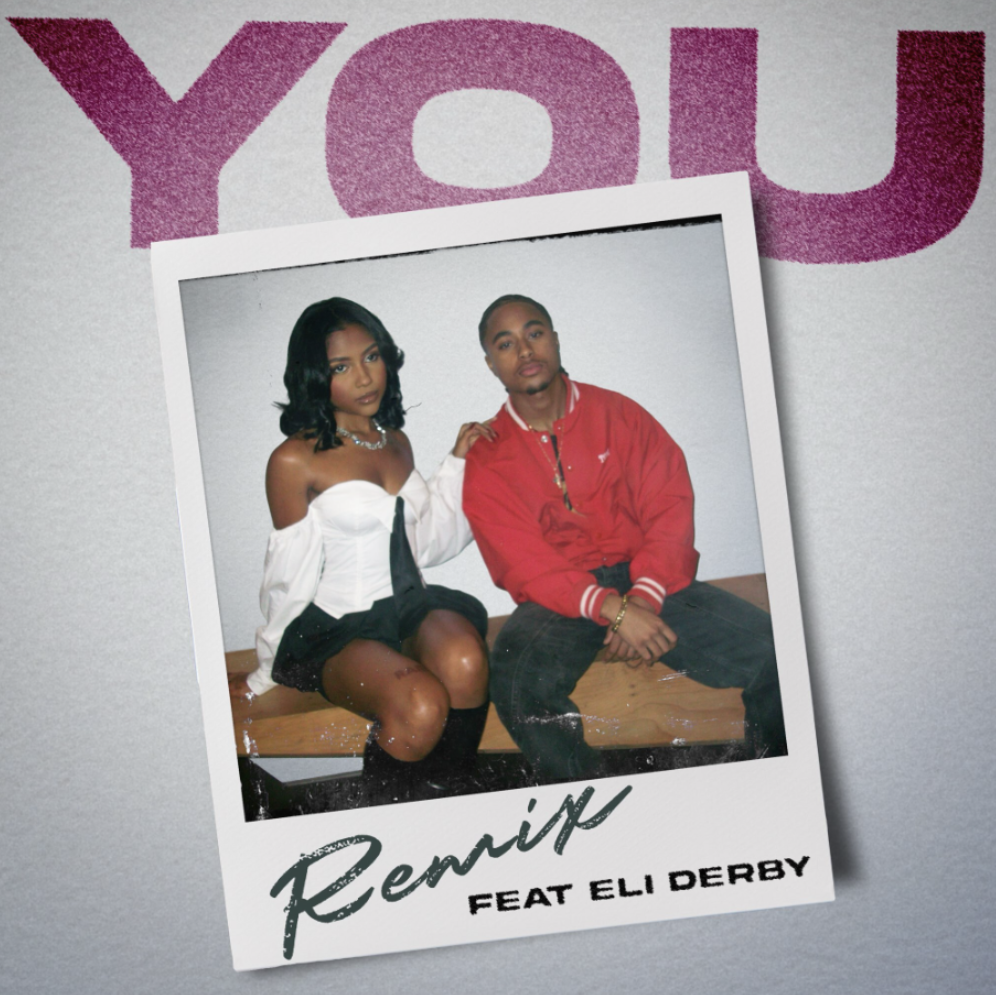
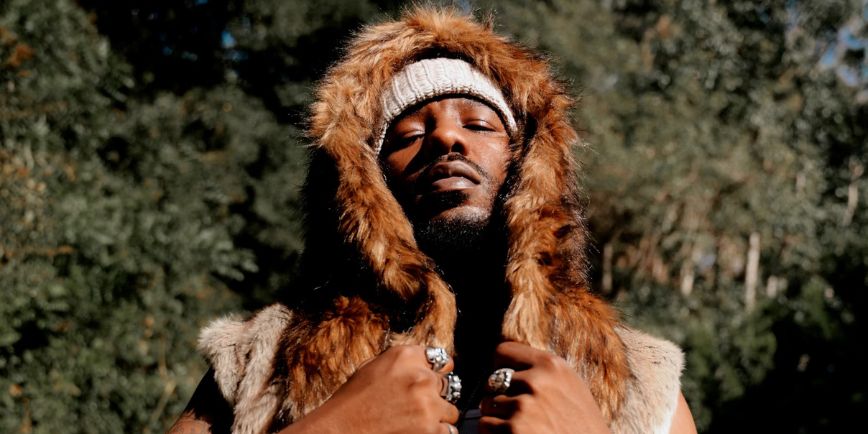
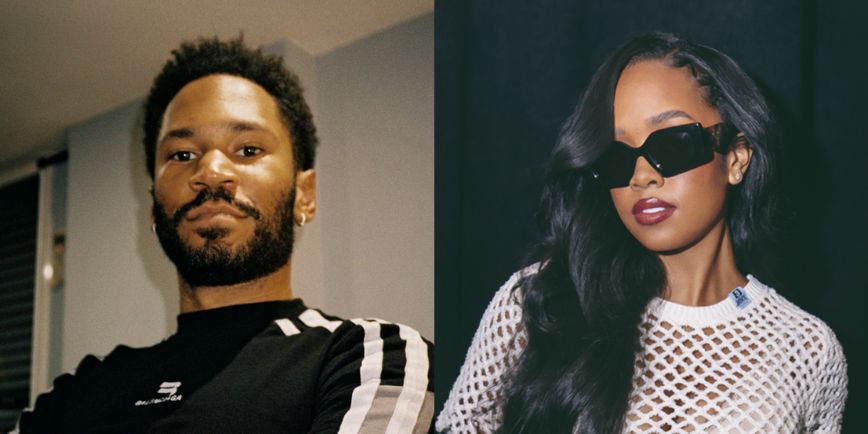
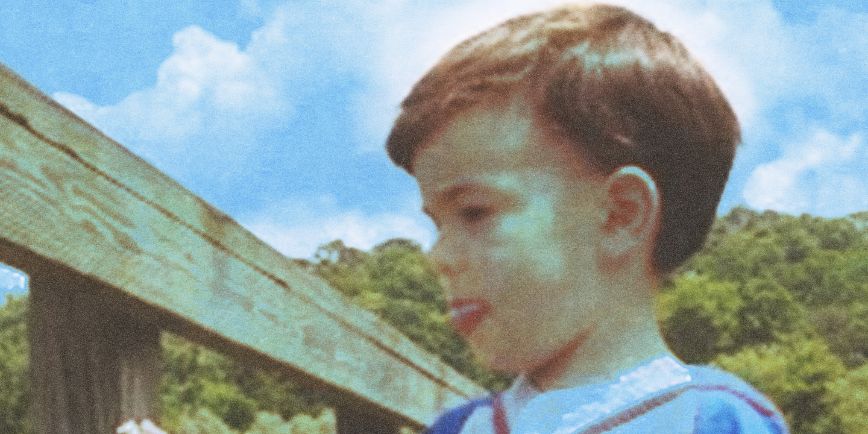
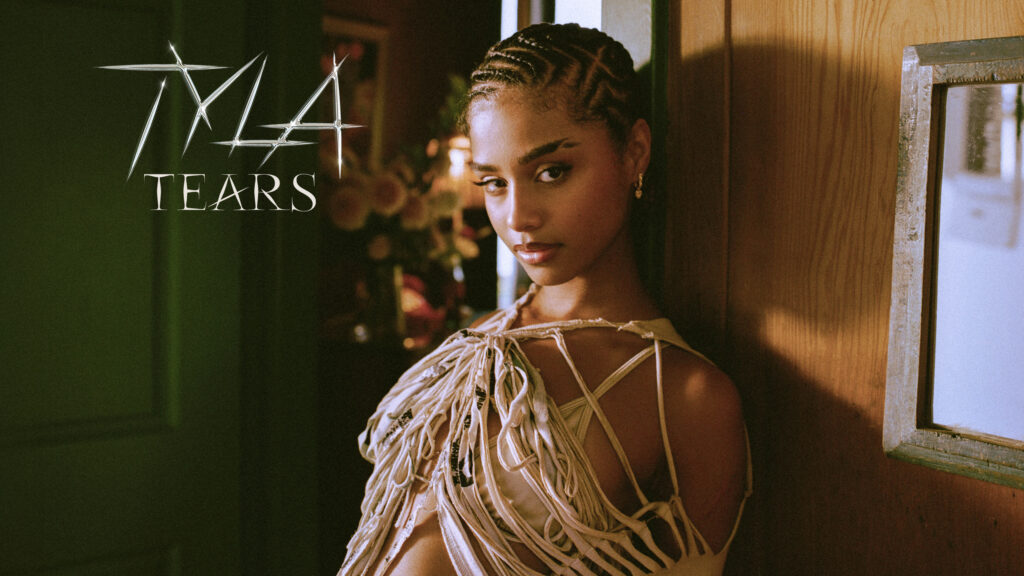











![Mason Ramsey – Twang [Official Music Video] Mason Ramsey – Twang [Official Music Video]](https://i.ytimg.com/vi/xwe8F_AhLY0/maxresdefault.jpg)















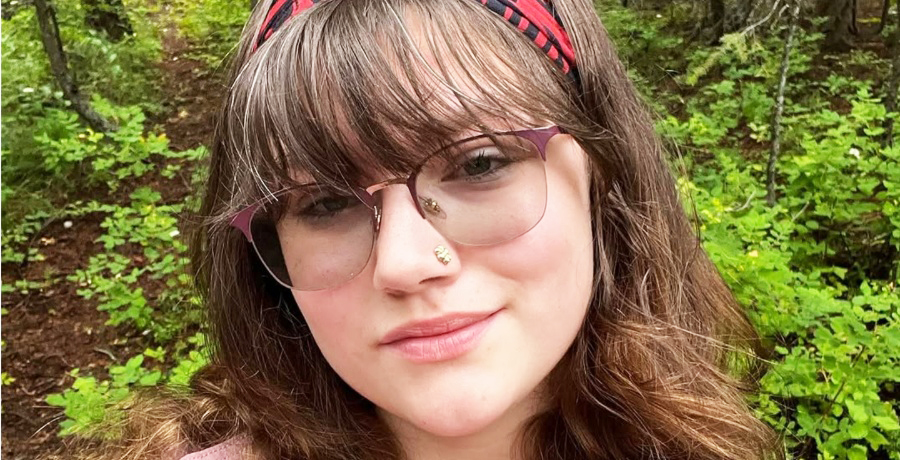
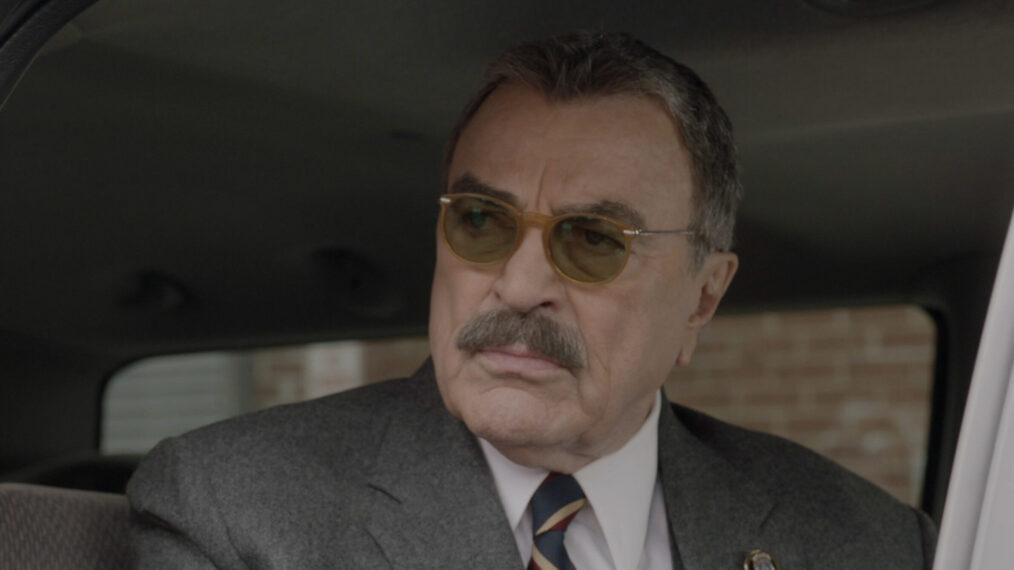

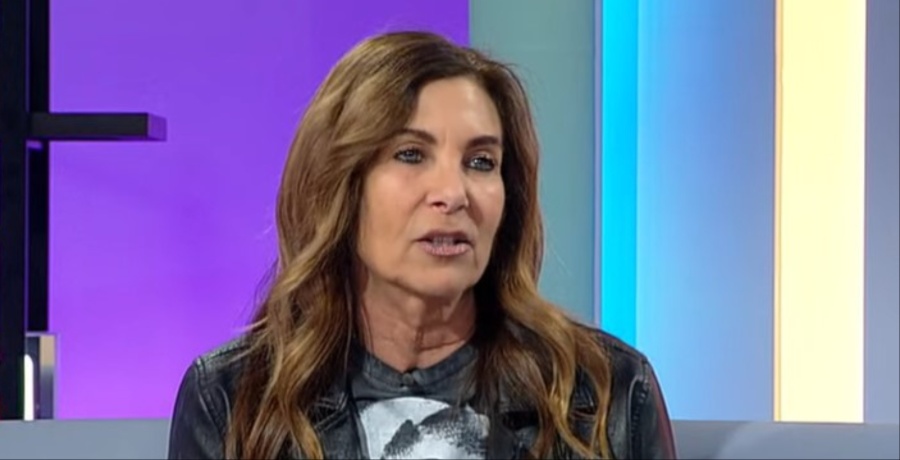
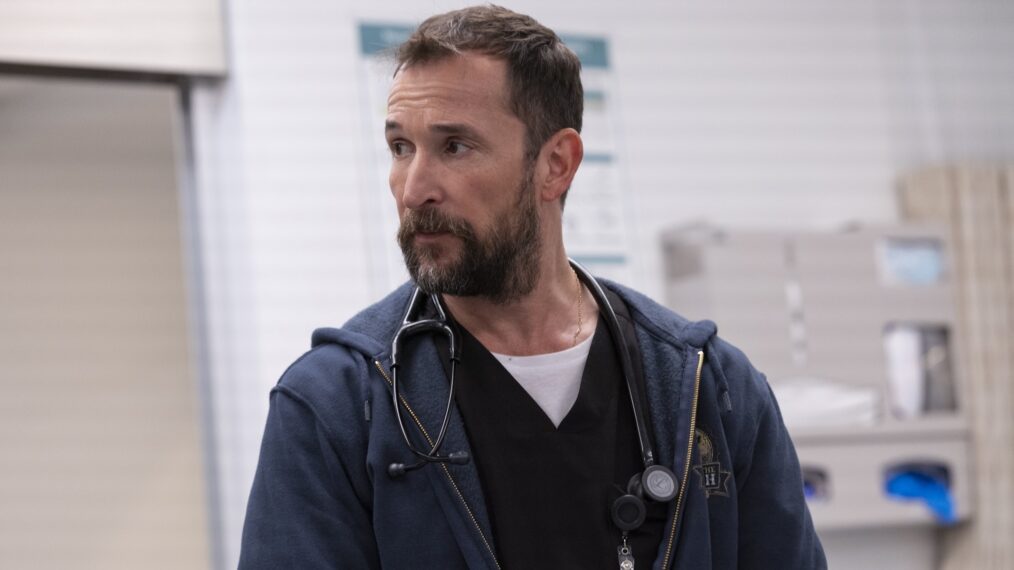

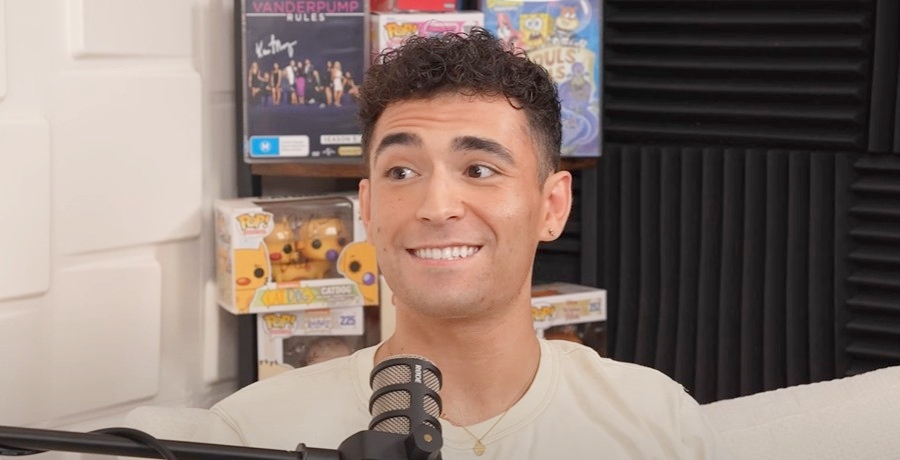


.jpg)




